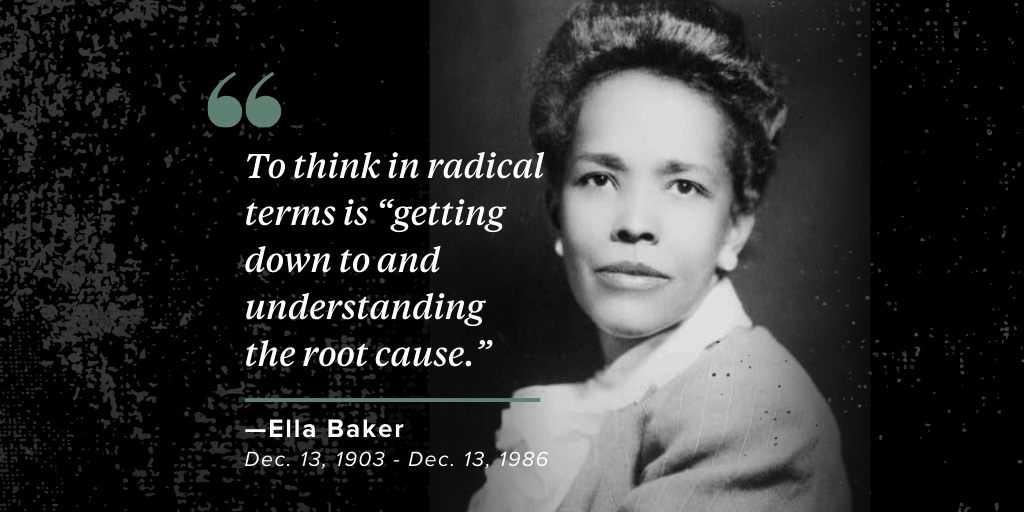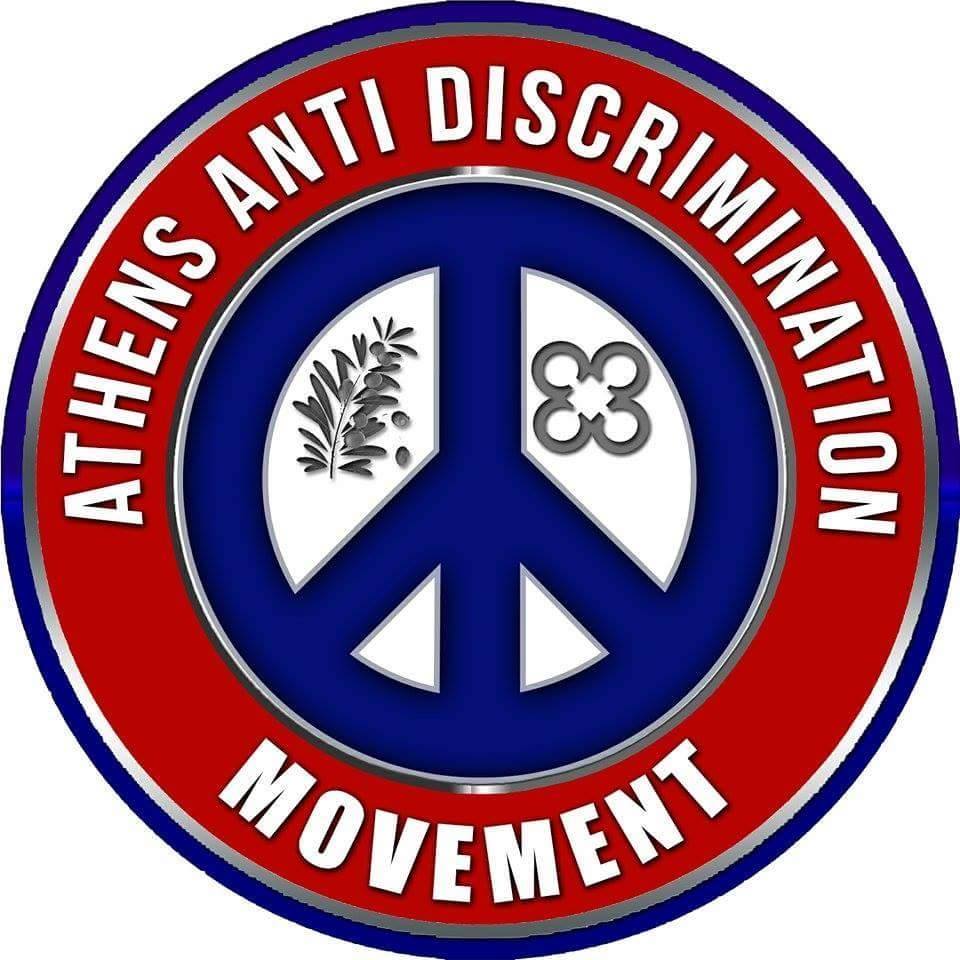
Written by Raiana Kelly, AADM contributing writer
March 2021
Celebrating Black Women in History
As Black History Month comes to an end, and Women’s History Month begins, there’s no better time to showcase some of the incredible Black women who have made history, and celebrate their accomplishments.
Phillis Wheatley (1753-1784)
Known as one of the greatest poets in 18th-century America, Phillis Wheatley was a household name, and her achievements were part of the catalyst for the fledgling anti-slavery movement. Wheatley wrote approximately 145 poems, and scholars have uncovered letters and facts about her life and her association with 18th-century abolitionists that illustrate her disdain for the institution of slavery and her use of art to undermine its practice.
Click here to learn more about Phillis Wheatley.
Madam C.J. Walker (1867-1919)
Madam C.J. Walker is most known for being both the first Black and female self-made millionaire. After suffering from a scalp ailment that resulted in the loss of her hair, she created a line of specialized hair products for African American hair. Walker later opened a factory and beauty school in Pittsburgh, PA. Walker’s legacy includes the founding of philanthropies that included educational scholarships and donations to various causes, including organizations with a focus on improving the lives of African Americans.
Click here to learn more about Madam C.J. Walker.
Bessie Coleman (1892-1926)
Bessie Coleman was the first African American, Native American, female pilot. After being rejected from American aviation schools for being both Black and a woman, she was accepted into an aviation school in France, where she earned her international pilot’s license. Bessie traveled, giving speeches, showing films of her air tricks, and giving flight lessons to encourage other Black women to learn how to fly. It was her dream to own and operate her own flight school. In 1926, she died in a tragic plane crash, but her life and legacy continues to inspire people around the world.
Click here to learn more about Bessie Coleman.
Ella Baker (1903-1986)
Ella Baker was a civil rights and human rights activist, known for her critiques of racism within American culture, and sexism within the civil rights movement. Baker was a firm believer in grassroots activism, radical democracy, and the ability of the oppressed to understand their world and advocate for themselves. Baker was largely a behind-the-scenes organizer for many organizations such as the Student Nonviolent Coordinating Committee (SNCC), the National Association for the Advancement of Colored People (NAACP), and the Southern Christian Leadership Conference (SCLC).
Click here to learn more about Ella Baker.
Alice Dunnigan (1905-1983)
Dunnigan was a journalist, educator, civil rights activist, author, and the first Black woman to receive White House press credentials. Dunnigan’s career began when she was 13 years old, when she started writing one-sentence news items for her local paper. As an educator in a segregated school system, she realized that her students knew little to nothing about the historic contributions Black people made to the state of Kentucky. In response, she created the “Kentucky Fact Sheets,” which would later be compiled into a book in 1982. Dunnigan was a hard-hitting reporter that asked difficult questions, and inspires many to this day.
Click here to learn more about Alice Dunnigan.
Sister Rosetta Tharpe (1915-1973)
Known as the “God-Mother of Rock ‘N’ Roll,” Sister Rosetta Tharpe was a queer black woman who helped make rock ‘n’ roll an international sensation. Tharpe had a distinctive guitar style, and her melodic blues, mixed with her powerful voice and traditional gospel, made her a trailblazer. Tharpe inspired and paved the way for many other artists, including Aretha Franklin and Chuck Berry.
Click here to learn more about Sister Rosetta Tharpe.
Katherine Johnson (1918-2020)
Katherine Johnson was an American mathematician, and is most known for her calculations of orbital mechanics as a NASA employee. These calculations were critical to the success of the first and subsequent United States crewed space flights. In 2015, Johnson was awarded the Presidential Medal of Freedom, America’s highest civilian honor, by former President Barack Obama.
Click here to learn more about Katherine Johnson.
Shirley Chisholm (1924-2005)
Chisholm was an American politician, educator, author, and the first Black woman in Congress and both the first woman and Black person to seek nomination as President of the United States. After retiring from Congress in 1983, Chisholm taught at Mount Holyoke College and co-founded the National Political Congress of Black Women. Shirley Chisholm was a trailblazer, and to this day, women, students, and minorities follow the “Chisholm Trail.”
Click here to learn more about Shirley Chisholm.
Wilma Rudolph (1940-1994)
Due to multiple bouts of polio and scarlet fever as a child, Wilma Rudolph was told she would never walk again. Despite this obstacle, she persevered and became a track and field star. She would later earn the title of the “fastest woman in the world.” Rudolph used her platform to shed light on social issues, even refusing to attend her high school homecoming unless it was integrated. After retiring from track and field, Rudolph began working in education and continued her involvement in sports.
Click here to learn more about Wilma Rudolph.
Mae C. Jemison (1956-Present)
Mae Jemison is a doctor, engineer, NASA astronaut, and educator. In 1992, she became the first Black woman to travel in space. Beginning her career as a doctor, Jemison served in the peace corps in Liberia and Sierra Leone. After practicing as a doctor, she returned to school for engineering and applied to NASA’s astronaut training program. After retiring from NASA, she founded The Jemison Group, an organization dedicated to encouraging students to pursue science, technology, and foster social change.
Click here to learn more about Mae C. Jemison.
